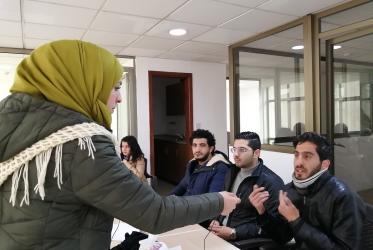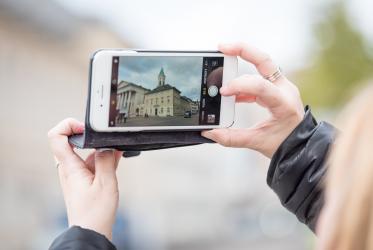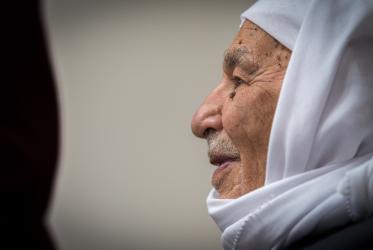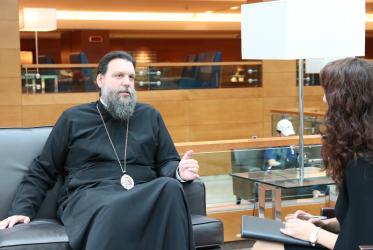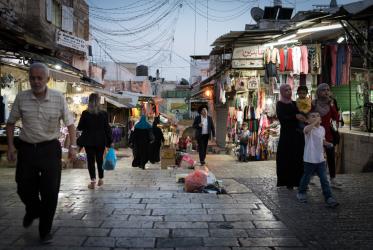Displaying 1 - 20 of 51
06 September 2022
Applications open anew for Bossey online course in ecumenism
13 January 2022
In a COVID-stricken world, “everyone is important”
23 October 2020
Are migrants seen and heard? Conference presses the question
19 October 2020
The cry of the Papuans in Indonesia
14 November 2019
WCC pays tribute to ecumenist pioneer
08 May 2019
A faith-based, holistic approach to HIV and AIDS-care
13 March 2019
Faith and HIV treatment go hand in hand
06 March 2019
Turning mercy and compassion into action
04 March 2019
On the journey to HIV – bridging gaps, debunking myths
21 February 2019




